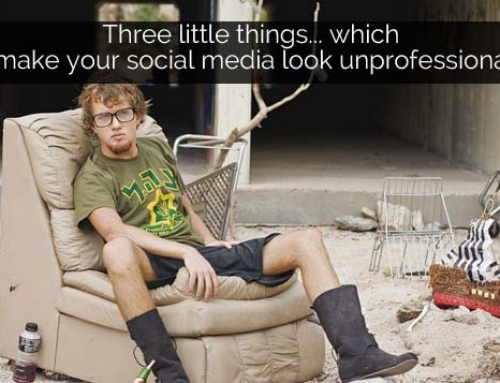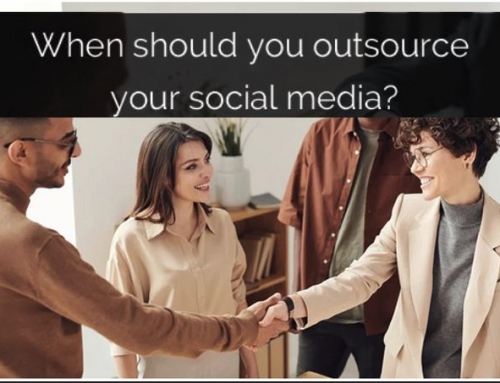You may have heard in the news this week that Unilever have called out the amount of fraud within the social media industry, and Instagram in particular. Their Chief Marketing and Comms Officer, Keith Weed, has stated that none of their brands will buy followers, or work with influencers who do.
From a brand of this size, this is very significant, for a few reasons. Firstly, because they are acknowledging that misleading practices are widespread – and in our own experience, the beauty industry is at least as bad as any in this respect, maybe worse. Secondly, they are admitting that brands have a role in perpetuating that fraud, by creating the demand that “influencers” respond to.
From a marketing professional perspective, this is fantastic news. If more PRs and brand clients had been making educated decisions about who they pay for influence within the social media ecosystem, we would very likely not be having this discussion at all.
But here we are, and mainly because of the longstanding practice of setting influencer payscales mostly or entirely according to their number of followers, rather than, say, rewarding them with a proportion of any sales resulting from their work. As a consequence, it’s wise to regard any social media account with unaccountably large numbers of followers, or whose every banal uttering on Instagram is met with disproportionate enthusiasm, with great suspicion.
That has had a massive and toxic impact on the whole sector. Clients look at these (literally) unachievable numbers, apparently generated by doing nothing particularly clever or out of the ordinary, and they demand that marketers achieve the same thing for them. Potentially, marketers are put in a position of choosing whether to pay their own mortgages or stick doggedly to doing things the right way – which will pay dividends eventually, but often well after a client has lost patience. Other social media users ( your would-be Influencers) have to choose between a lucrative push-button option to bulk buy followers, and the slow and arduous route of building a genuine following through creating great content.
Everything gets distorted by those “dishonest business practices” that Keith refers to. I know we as a business will have lost potential clients in the past, because we don’t have an enormous Facebook following. The reason for that is that we have chosen not to invest in the resources required to build one honestly – ie, ongoing high quality content creation in the social media space. That takes time from good people, and those good people need to be paid, and those costs would have to accrue to the fees we charge our clients. We hope that our potential clients will look beyond those particular numbers, take time to chat with us and evaluate our expertise and approach in a more meaningful way – but there’s no doubt that somewhere along the line, some won’t have done. Is there a temptation to cheat the numbers? Of course there is!
The illusion of widespread but inexplicable popularity on social media itself spawns other scams. People who want it to work for them can’t see any explanation for others’ success, which makes them easy prey for practitioners who claim to have a “secret formula” that they can either teach or deploy at will – for a price. The truth is, there is no secret formula, and success depends on the same basic factors that have been around since God was a boy – understanding your audience, having a great product, consistently generating good quality content that your audience enjoy, and ensuring that you take best advantage of the opportunities for visibility that each platform offers. Quite often, this news is surprisingly unwelcome…
So where does this leave social media marketing? The thing is, that none of this changes the fundamental uniqueness of what social media marketing can do. There has never been a single, unified communication platform of the size of Facebook or Instagram, since time began. There are real opportunities for effective marketing and laser focused targeting that can’t be found anywhere else, and at a cost which is very hard to equal through other channels.
BUT
As marketers and as clients, we have to be satisfied with “just” those unparalleled opportunities. Stop trying to believe in the unicorns, and take the word “viral” out of your vocabulary (in most cases, at least).







Leave A Comment